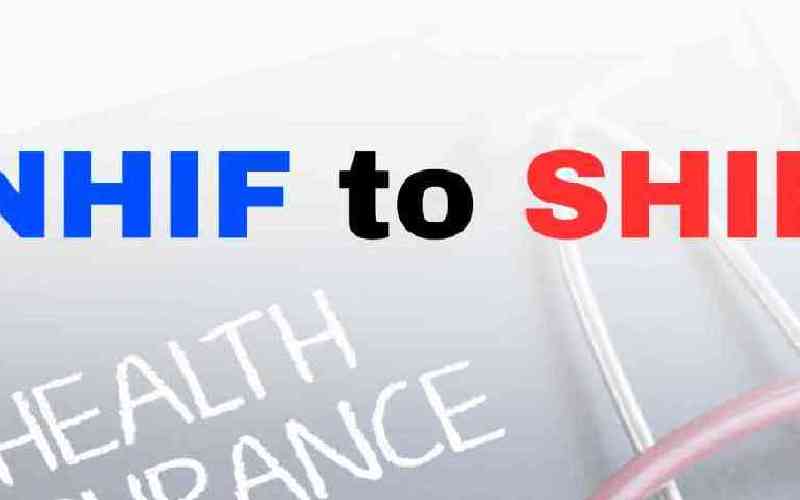×
The Standard e-Paper
Join Thousands Daily

In a week marked by fervent discussions on healthcare, two pressing issues captured my attention like never before - medical negligence and the high costs of medications. These issues reveal deeper systemic failures that not only threaten patient safety but also impede access to essential treatments, particularly for chronic conditions such as diabetes, which I manage.